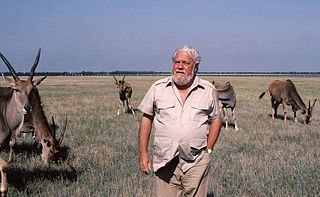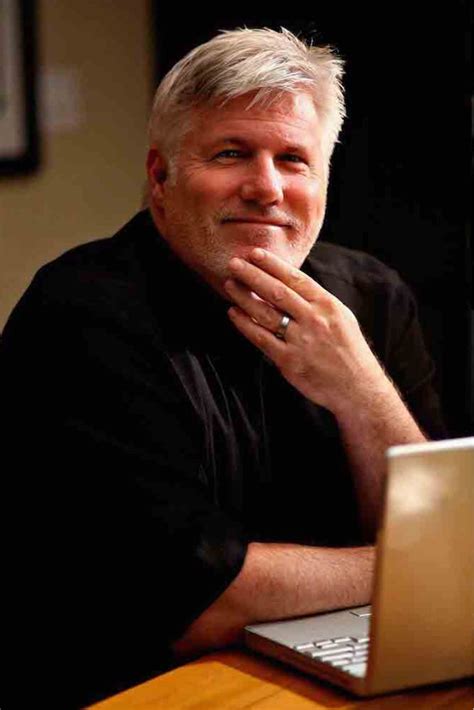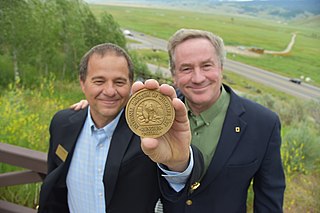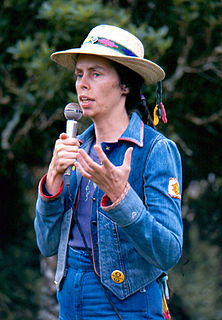A Quote by Wallace Stegner
We are the most dangerous species of life on the planet, and every other species, even the earth itself, has cause to fear our power to exterminate. But we are also the only species which, when it chooses to do so, will go to great effort to save what it might destroy.
Related Quotes
The human species was given dominion over the earth and took the opportunity to exterminate other species and warm the atmosphere and generally ruin things in its own image, but it paid this price for its privileges: that the finite and specific animal body of this species contained a brain capable of conceiving the infinite and wishing to be infinite itself.
You cannot begin to preserve any species of animal unless you preserve the habitat in which it dwells. Disturb or destroy that habitat and you will exterminate the species as surely as if you had shot it. So conservation means that we have to preserve forest and grassland, river and lake, even the sea itself. This is vital not only for the preservation of animal life generally, but for the future existence of man himself - a point that seems to escape many people.
The earth has continued to change, from rapid climatic changes that have caused the glaciers and the ice sheets to basically bulldoze the landscape and cause species compression in the tropics and cause mass species extinction - you know, all these huge changes. In terms of evolution, every species is doomed to eventual extinction. The natural world is constantly changing. So, to deal with "environmental problems," in quotes, totally misses the issue. That is not the way we want to define our problem if we're going to find our solution.
If we consider the superiority of the human species, the size of its brain, its powers of thinking, language and organization, we can say this: were there the slightest possibility that another rival or superior species might appear, on earth or elsewhere, man would use every means at his disposal to destroy it.
A belief, however necessary it may be for the preservation of a species, has nothing to do with truth. The falseness of a judgment is not for us necessarily an objection to a judgment. The question is to what extent it is life-promoting, life-preserving, species preserving, perhaps even species cultivating. To recognize untruth as a condition of life--that certainly means resisting accustomed value feelings in a dangerous way; and a philosophy that risks this would by that token alone place itself beyond good and evil.
And at this moment in history, our core value happens to be the raw, aching truth of the human predicament. It may also be the only belief that can save us as a species. A species that will continue to find comfort and delight in the companionship of animals, the miracle of birds, the colours of the corals and the majesty of the forests. We are in it together, on this blue spinning marble in the cold and silent void. And we must act on that belief, if we are going to be able to continue to live a good life here, in this beautiful and fragile country, on this lovely planet, our only home.
We need to radically and intelligently reduce human populations to fewer than one billion. We need to eliminate nationalism and tribalism and become Earthlings. And as Earthlings, we need to recognize that all the other species that live on this planet are also fellow citizens and also Earthlings. This is a planet of incredible diversity of life-forms; it is not a planet of one species as many of us believe.






































